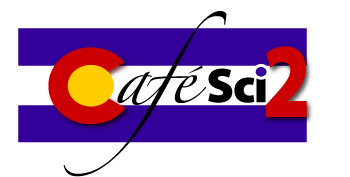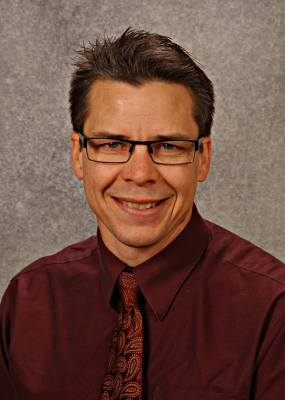|
After 10 years there, my wife, two daughters and I happily moved back west so that I could take a position in the Department of Pediatrics at the University of Colorado School of Medicine and Children’s Hospital Colorado. I hold the Diane G. Wallach Endowed Chair of Pediatric Stem Cell Biology and I am Director of the Pediatric Stem Cell Program and the Graduate Training Program in Cell Biology, Stem Cells and Development. My laboratory investigates genetic mechanisms that guide development of the nervous system, with a specific focus on neural stem cells and myelination. |
|
Stem cells get a lot of hype for their potential to treat disease and injury. However, developing safe and effective stem cell therapies is challenging. In this session I’ll touch on the following points in an effort to identify the promise and limitations of stem cells: 1) the evolving concept of “stem cell” and how this has shaped stem cell research, 2) how the impasse regarding embryonic stem cells has been mostly overcome by the discovery of induced pluripotent stem cells (iPSCs), 3) how iPSCs open up exciting new opportunities to understand and treat disease, 4) how we are maybe not yet entirely convinced that iPSCs are the real deal and 5) how stem cells and, particularly, iPSCs, have a dark side, called cancer.
|

 Bio
Bio